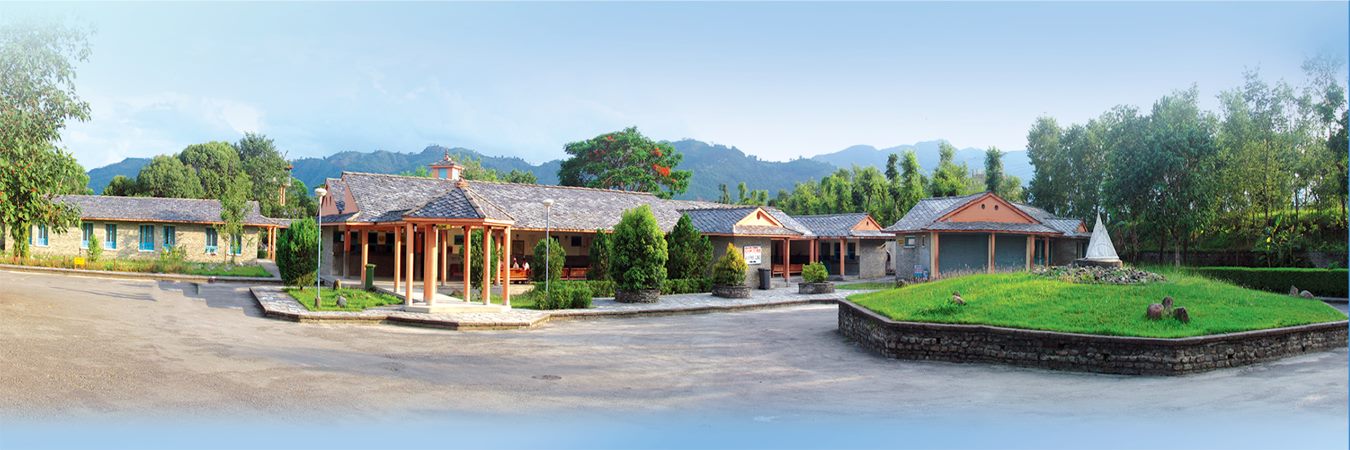Overview
Master of Optometry – Himalaya Eye Institute, Pokhara
The Master of Optometry (M.Optom) at Himalaya Eye Institute, Pokhara, is a postgraduate degree affiliated with Pokhara University. Introduced in 2019, this two-year program addresses the growing need for advanced clinical skills, research knowledge, and leadership in Nepal’s eye care sector. Delivered through the academic framework of Himalaya Eye Hospital, the course integrates theory, supervised practice, and applied research.
Students are trained in real clinical settings, managing patients, participating in specialty clinics, and providing diagnostic, therapeutic, and rehabilitative services. The curriculum prepares graduates to contribute to clinical, academic, and community platforms.

Curriculum Details
Core Academic Areas
-
Advanced diagnostic techniques
-
Contact lens sciences
-
Binocular vision disorders
-
Ocular pharmacology
-
Neuro-optometry
-
Therapeutic optometry
-
Vision therapy and rehabilitation
Research and Clinical Training
The program focuses on clinical assignments and research. Students complete supervised hospital rotations, attend academic seminars, and submit a research-based dissertation in the final semester. Hands-on practice includes managing patients with complex visual disorders, pediatric care, and low vision rehabilitation.
Objectives
-
Develop optometrists with clinical precision and diagnostic competence
-
Promote academic skills for teaching and curriculum development
-
Enable evidence-informed practice and critical analysis in vision care
-
Support national efforts in vision rehabilitation and public health optometry
Scope
-
Advanced optometry clinics in hospitals and private practices
-
Teaching and academic leadership in educational institutions
-
Research roles in visual science and rehabilitation studies
-
Involvement in policy and program planning within eye health
Learning Outcomes
-
Diagnose and manage complex ocular conditions
-
Prescribe therapeutic agents within professional scope
-
Guide patients through rehabilitation and vision therapy
-
Design and deliver structured learning for junior trainees
-
Conduct and present research in national and regional forums
Skill Development Modules
-
Clinical case presentations and journal clubs
-
Participation in contact lens and binocular vision clinics
-
Low vision patient counseling and assistive technology training
-
Hands-on workshops in vision therapy techniques
-
Use of imaging tools like OCT, ERG, VEP, and fundus photography
Teaching Methodology
-
Lectures, clinical briefings, and case-based discussions
-
Structured clinical postings and procedural training
-
Academic writing and evidence-based assignments
-
Guest lectures by national and international specialists
Admission Requirements
-
Bachelor of Optometry or equivalent degree from a recognized university
-
Registration with the relevant health council in Nepal
-
Passing score in the postgraduate entrance exam by the Nepal Medical Education Commission
Career Opportunities
-
Consultant optometrist in specialty practices
-
Lecturer or faculty in academic institutions
-
Clinical research associate or coordinator
-
Public health advisor for vision programs
Scholarships and Financial Aid
Seats are offered through the national entrance process administered by the Nepal Medical Education Commission. Limited scholarships may be available based on merit or inclusion categories. Himalaya Eye Institute also collaborates with nonprofit partners for additional support when available.
Why Choose This Course?
-
Hands-on training in a functioning tertiary eye hospital
-
Access to specialty clinics and diagnostic tools
-
Exposure to community outreach and hospital-based care
-
Research-driven learning and academic development
Conclusion
The Master of Optometry program at Himalaya Eye Institute prepares postgraduates to respond to evolving demands in clinical optometry and vision science. With a balance of practical learning, scientific inquiry, and ethical practice, graduates are well-positioned to participate in patient care, teaching, and health system development across Nepal.

















